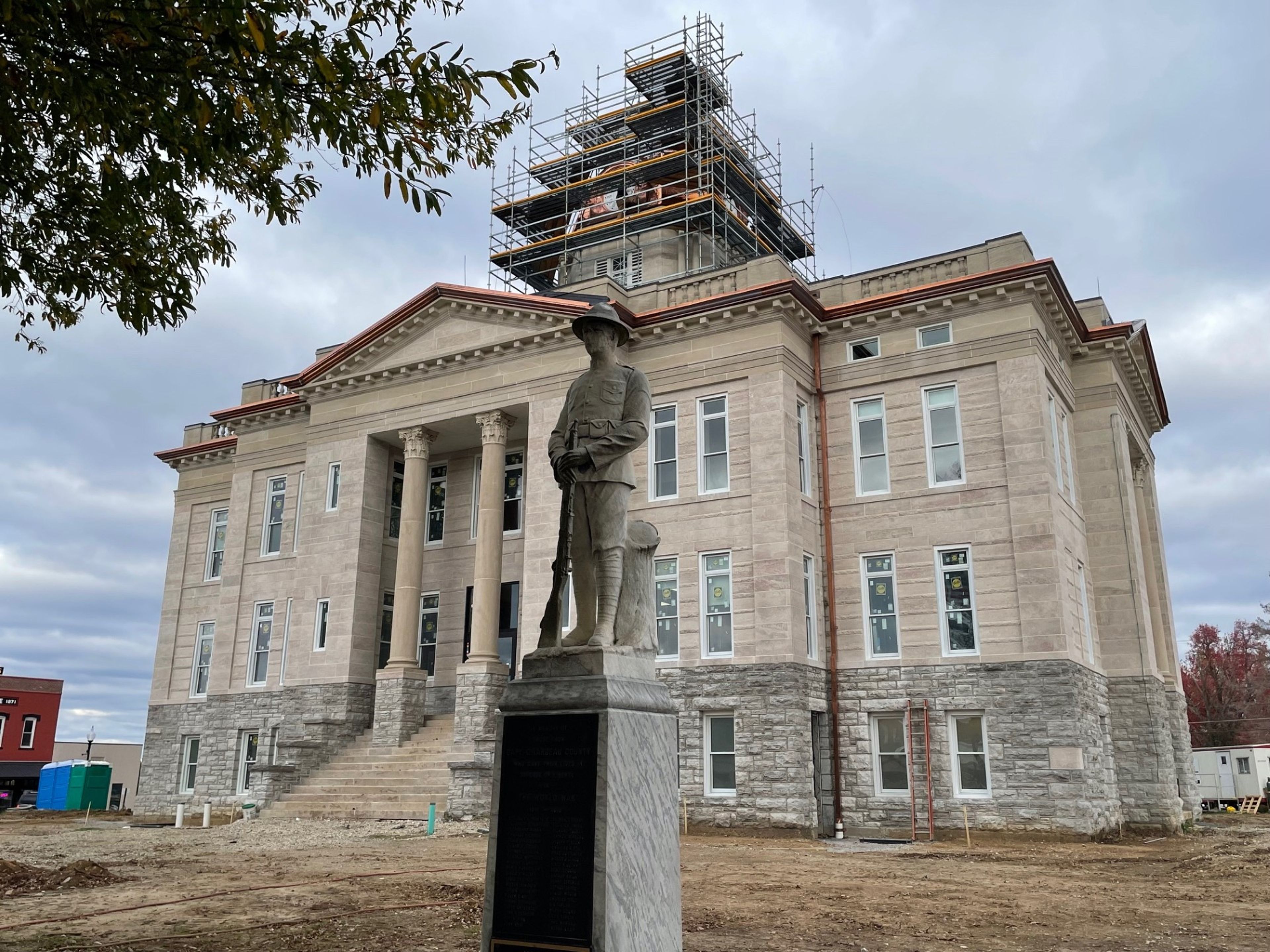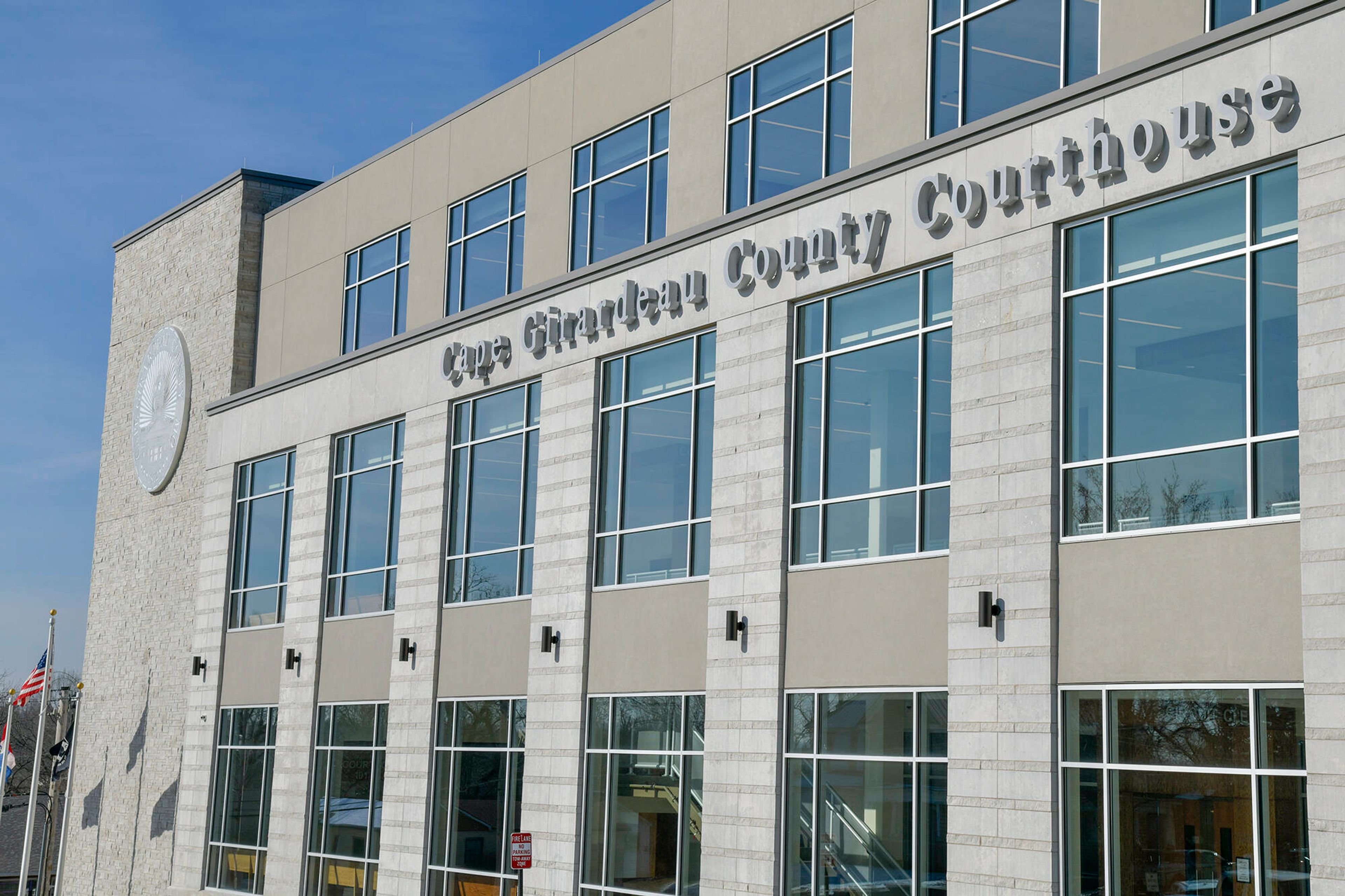2 hospitals join for conversion to electronic records
SoutheastHEALTH and Missouri Delta Medical Center in Sikeston, Mo., are teaming up to tackle the conversion to electronic medical records. The two hospitals are forming a company, Servir LLC, to build and manage a common data center for both organizations to be located near SoutheastHEALTH's new Cancer Center in Cape Girardeau, according to a news release...
SoutheastHEALTH and Missouri Delta Medical Center in Sikeston, Mo., are teaming up to tackle the conversion to electronic medical records.
The two hospitals are forming a company, Servir LLC, to build and manage a common data center for both organizations to be located near SoutheastHEALTH's new Cancer Center in Cape Girardeau, according to a news release.
While previously they competed against each other for patients, now the two hospitals will work together to meet new federal electronic medical records requirements in an effort hospital officials say will improve quality and reduce costs of health care in Southeast Missouri.
One requirement of the federal health care reform law passed last year is that all medical providers use electronic medical records that meet federal standards by 2014. Those who don't will be penalized with lower Medicare payments.
There are federal incentives available for health care professionals who use electronic records that meet federal standards now. Beginning this year, providers could receive up to $44,000 over five years through Medicare or up to $63,750 over six years through Medicaid for converting to electronic records. The program is financed through American Recovery and Reinvestment Act, also known as the 2009 federal stimulus package.
Servir's new data center will be at Silver Springs Road and Highway 74 and is scheduled for completion in December. It will house information systems technology for both hospitals. It is also being designed to serve information technology needs of other hospitals, physicians or clinics in the region.
Last month, the Cape Girardeau City Council approved a license and indemnity agreement granting SoutheastHEALTH permission to install fiber optic lines within the city's right of way to connect the Cancer Center and data center with Southeast's main campus on Broadway.
Mike Dozier will be regional director of information services for Servir and will coordinate the development of the data center as well as the implementation of new computer records systems. Dozier has built three other data centers and worked at two multihospital systems managing information technology for several hospital locations. He has a bachelor's degree in computer science from Purdue University and a master's in business administration from Indiana Wesleyan.
Hospitals across Missouri are making progress toward electronic records but still have a long way to go before their systems meet the new federal requirements, said David Dillon, vice president of media relations with the Missouri Hospital Association.
"A lot of the hurdles that had been in place before the health reform law and stimulus have been removed and there's also been a lot of federal energy put into standardizing the processes, so if you make an investment in a specific framework, you know it meets the standards of interoperability that will be necessary for exchange of information," Dillon said.
Previously, not knowing if they would meet future requirements or be compatible with others was a disincentive to invest in records systems, he said.
A statewide report on the status of electronic health records in Missouri hospitals released by the association in June showed about 60 percent of hospitals were ready to apply for federal incentives.
About 84 percent of Missouri hospitals were using electronic records at some level, with about 44 percent using electronic records for 13 or more of 24 basic electronic record functions. Nearly 10 percent report not having any of the 24 electronic record functions.
The report showed larger hospitals are ahead of the curve when it comes to the conversion. About half of hospitals with 250 or more beds used 19 or more electronic functions, while about half of small hospitals with 100 or fewer beds had fewer than seven functions implemented, the association's report said.
Missouri Delta Medical Center has about 160 beds, while SoutheastHEALTH has about 260.
Dillon said he hasn't heard many instances of competing health organizations combining efforts to convert to electronic records the way the two area hospitals are.
"I suspect it's happening. When it comes to the cost and a way to reduce the cost is becoming larger through a partnership, that's certainly a benefit," Dillon said. Federal law used to prohibit "a lot of the interaction between providers when it came to this type of thing. Now under the health care reform law there is almost an incentive to cooperate and to share information."
Representatives of both SoutheastHEALTH and Missouri Delta Medical Center were unavailable for comment Wednesday.
mmiller@semissourian.com
388-3646
Pertinent address:
1701 Lacey St., Cape Girardeau, MO
789 South Mount Auburn Road, Cape Girardeau, MO
Connect with the Southeast Missourian Newsroom:
For corrections to this story or other insights for the editor, click here. To submit a letter to the editor, click here. To learn about the Southeast Missourian’s AI Policy, click here.










